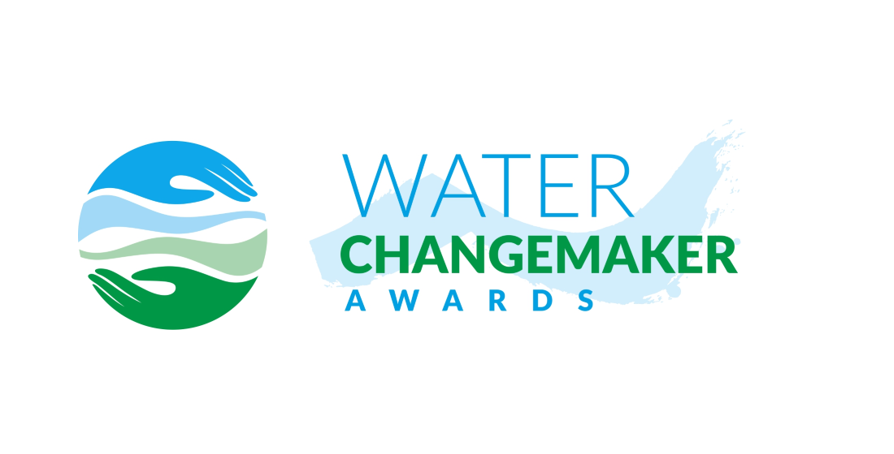
Planning for water ecological civilization construction in Guiyang
Please briefly describe your Water ChangeMaker journey
Water environment deterioration and backward water management, caused by serious water shortages, population and industrial agglomeration and inappropriate sewage discharge modes, have become bottlenecks to the sustainable development of cities. “Planning for Water Ecological Civilization construction in Guiyang” (hereinafter referred to as “Planning”) adopts advanced water management concepts, methods and technologies to conduct systematic research and planning on Guiyang's water issues. It aims to:
- promote water integration and institutional system innovation;
- develop innovative sets of technologies such as integrated regulation of blue water and green water, combined regulation of water quantity-water quality-aquatic ecology, value reconstruction of karst depressions, etc.;
- clarify the goals, directions and paths of modern water management, and;
- provide a solid basis of "one blueprint to the end".
Please describe the change that your initiative created and how was it achieved
The “Planning” studies Guiyang’s water management strategies and counter-measures with an international perspective and modern standards. It promotes the integration of water management in Guiyang City through institutional system innovation, solves the problems of the mismatch between the water resources and economic social development in Guiyang City, of the shortage of water resources, and of the deterioration of the water environment through institutional innovation and technological progress. Guided by the "Planning", Guiyang City vigorously promotes modern water management in urban areas and achieves remarkable results, becoming a model of urban water management in the Karst region of China. The valuable experience is to update the water management concepts of decision-makers, managers, and participants and to spawn a number of effective water management policies, to develop and promote technological progress, to improve management methods, and enhance management capabilities. The goal of a harmonious relationship between humans and water is preliminarily achieved, the water governance jobs are cordially supported by governments, and the outcomes are warmly welcomed by stakeholders.
How did your initiative help build resilience to climate change?
The "Planning" specifically studies the "continuous drought-urban water shortage" and "extreme precipitation-urban flooding" problems brought about by climate change. Water conservation is vigorously promoted, and engineering and non-engineering measures are combined to implement joint water quantity-water quality-aquatic ecology scheduling. Karst depression value reconstruction technology is developed and successfully promoted to increase urban stable water sources. Blue water and green water integrated control technology is developed to improve water conservation capacity, and urban water control climate adaptability is improved through systematic governance.
What water-related decisions did your initiative influence or improve?
The “Planning” leads stakeholders in water management to reach consensus and clarifies the modern water control strategy system: The strategy of rational allocation and efficient use of water resources with priority to water saving; the whole process governance strategy of water environment based on source reduction and burden reduction; the protection and restoration strategy for rivers and lakes taking ecology as the priority; development strategy for waterfront public spaces integrating cultural landscapes, etc. The “Planning” was approved by the People’s Government of Guizhou Province, which promoted the integration of water affairs in Guiyang City, and promoted the formulation and promulgation of a number of local laws and policies such as the “Guiyang Water Saving Awards and Supplementary Measures”, optimized the urban sewage treatment pattern and recycled water utilization pattern, and led the public to participate in new roles such as water treatment volunteers.
What were some of the challenges faced and how were they overcome?
The main difficulties are inappropriate infrastructure construction and management methods, and insufficient investment in water control. "Planning" has carried out special research on the difficulties and put forward counter-measures supported by the government: to expand government investment in water treatment, establish water service groups to use government investment to guide social capital into the water construction market and organize the implementation of infrastructure construction, and use multiple inputs to promote the long-term operation of urban water control. Guiyang Water Group has made remarkable achievements in the construction of water supply and sewage infrastructure and has carried out fruitful and active exploration in the construction of smart water management systems, which have promoted the development and progress of modern water management in the city.
In your view: Will the change that was created by your initiative continue?
The “Planning” has become the action guide for water control from the government to the public in Guiyang and has achieved remarkable results in the past 6 years. The city's flood control capacity and water supply guarantee rate have been significantly improved. The Nanming River, which has once again become crystal clear, has become a public waterfront space and a city praised by the public. The “Planning”, which was supported by government, achieves remarkable results and is welcomed by the public. It is expected to continue to be promoted and attain even greater achievements.
What did you learn during the initiative or after? And is it possible that others could learn from you?
Lessons learned include the following:
Widely solicit suggestions and opinions from all parties to make plans;
Facilitate the success of the station of Academy of Water Science and Technology;
Use policies to guide diversified investment, and introduce small amounts of government investment and reciprocal policies to guide social capital into the water market;
Fully relying on technological progress, a group of complete technologies based on karst depression value reconstruction, combined water quantity-water quality-water ecology scheduling was developed and formed;
Protect and develop waterfront space and provide residents with a hydrophilic platform.
